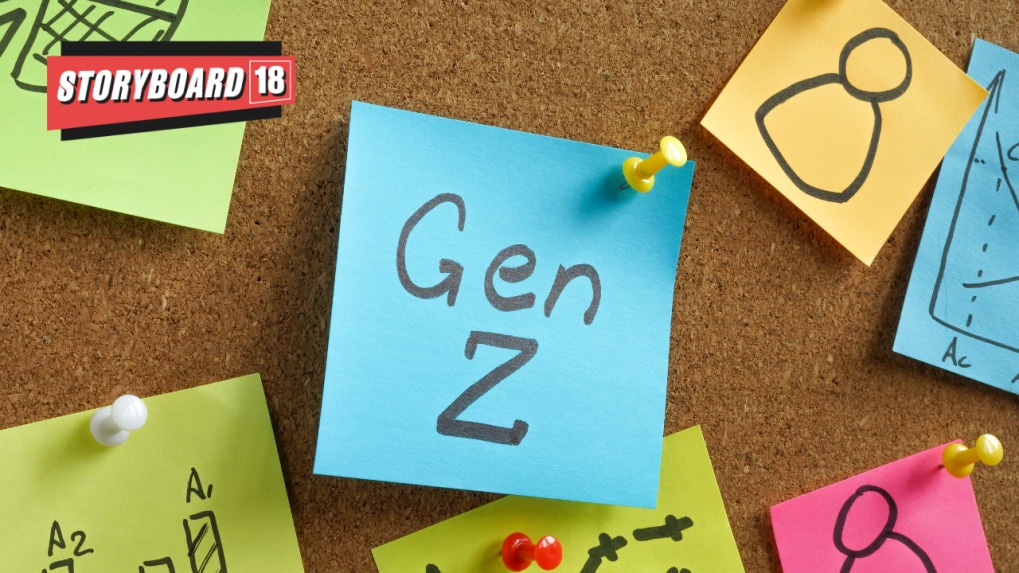94% Gen Zs, 97% millennials value practical, on-the-job learning over academic theory: Deloitte Survey
62% of Gen Zs and 56% of millennials say they want more guidance from their managers, yet fewer than half actually receive it. This mentorship gap could undermine the full potential of upskilling and AI use, especially in hybrid or remote settings.
ADVERTISEMENT
In an era shaped by AI, rapid automation and evolving workforce expectations, India’s Gen Zs and millennials are actively reshaping the future of work—prioritizing hands-on learning, career agility and mental well-being over traditional routes like formal education, reveals the 2025 Deloitte Global Gen Z and Millennial Survey. As per the report, 94% of Gen Zs and 97% of millennials in India value practical, on-the-job learning over academic theory. A full 85% are already engaging in weekly upskilling activities—reflecting a shift toward dynamic, real-time skill development rather than traditional qualifications.
However, 62% of Gen Zs and 56% of millennials say they want more guidance from their managers, yet fewer than half actually receive it. This mentorship gap could undermine the full potential of upskilling and AI use, especially in hybrid or remote settings.
With insights from 809 young Indian professionals (505 Gen Zs and 304 millennials), the survey underscores a workforce hungry for growth, digital fluency, and meaningful employment—yet grappling with financial insecurity, mentorship gaps, and rising stress.
The report further highlights that the Indian youth are among the world’s quickest adopters of generative AI (GenAI) as 85% are already using GenAI tools at work, primarily for design, content creation and task optimization. They report that GenAI improves both work-life balance and output quality.
“India’s Gen Zs and millennials are not just adapting to the future of work—they’re shaping it. With 85% engaged in weekly upskilling and a strong preference for on-the-job learning, they’re building agile, purpose-driven careers aligned with technologies like GenAI. For employers, this is a call to build cultures anchored in growth, innovation, and continuous learning,” says Saraswathi Kasturirangan, Chief Happiness Officer, Deloitte India.
While interest in higher education remains, many young Indians are reevaluating its relevance and accessibility. More than half of Gen Zs (52%) and 45% of millennials expressed dissatisfaction with its quality, citing cost and limited practical value. Around 11% of Gen Zs and 9% of millennials are opting out of further studies altogether.
Career mobility is high with 12% of respondents have already shifted away from their original fields, citing either job availability (Gen Z) or better work-life balance (millennials) as primary drivers.
Despite their drive, more than half of India’s young workforce lives paycheck-to-paycheck. Financial concerns are acute as Gen Zs fear joblessness, while millennials worry about rising living costs. Mental health concerns are also on the rise, with a third of respondents feeling stressed most of the time, often due to long hours, job instability and lack of autonomy.
As per the report, Support matters as those who feel financially secure or have strong mental health backing at work are significantly more likely to report happiness. In India, young workers are also more likely than their global peers to believe their employers take mental health seriously.
Read More: Agencies must reinvent to stay relevant in the Age of AI, says Publicis Groupe's Rishad Tobaccowala
“Organizations need to relook how they prioritize employee happiness and well-being. Physical, mental, and financial well-being are closely interconnected and need to be addressed in tandem at the highest levels of leadership. This is where an umbrella Happiness team with a seat at the decision-making table comes in,” adds Saraswathi.
Moreover, environmental awareness runs deep with over 80% of both Gen Zs and millennials in India reported recent anxiety about climate issues. Their actions speak, too—over 50% have bought or are planning to buy electric vehicles, and over 40% are adopting eco-friendly home upgrades.
Read More: Swiggy rolls out ‘Drops’ for exclusive, limited-edition dishes by top chefs


